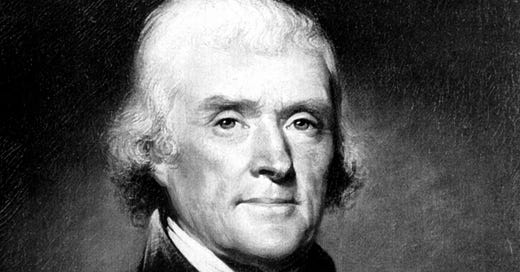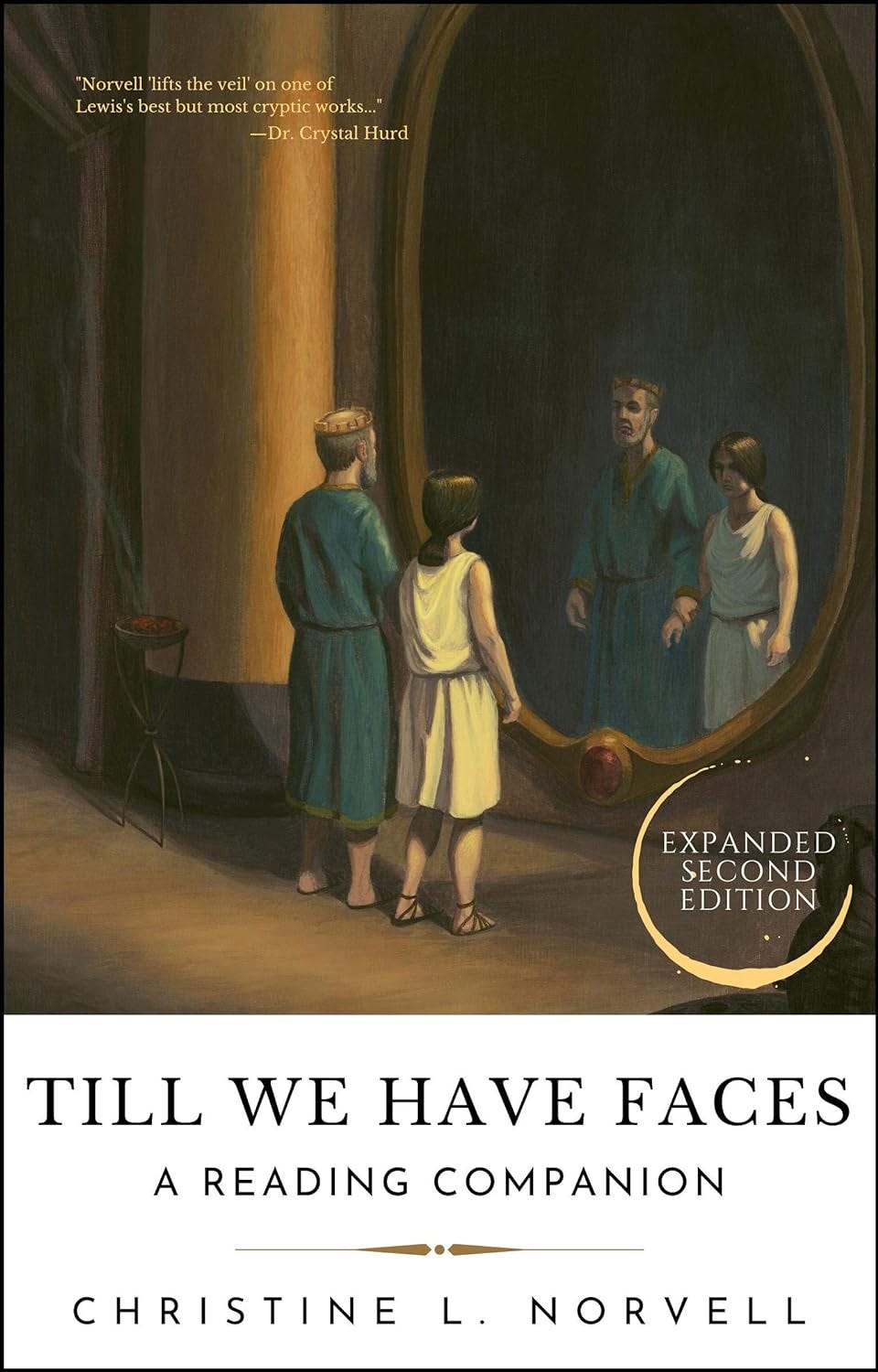Extra! In His Own Words: Jefferson and Education
Writing altar pieces or the story of getting articles to print
My writing year has been one of patience, or maybe I should call it delayed flights.
Last December I felt a divine nudge, a spark of an idea. I began an article on fruitfulness that required lots of thought and research. I finished it March 1 and began to pitch it to websites. Week after week rejections rolled in. By June, I gave up. I know God wanted me to write it, but maybe it was for Him, not for me, not for the pay I hoped for. It was an altar piece.
An altar piece, as my husband coined it, is a creative work whose only purpose is sacrifice. Whether a poem, song, or essay, it is crafted with the same prayer and time and research as a worthy work that will be published publicly and yet it is not. It may never see the light of day but remains the work of the Creator working through the created. Could it be that the act of obedience, the nudge to consider and create, was its purpose?
Today, the Ford Forum published an essay that I thought was probably going to be the second altar piece of the year for me. They had reached out to me in May to consider submitting an article to their website. I pitched an idea they happened to like. It took me months to fit in time to read enough about Thomas Jefferson and his letters before I felt I could do the idea justice. I submitted the article in September and heard nothing.
What had I done? Did I waste those hours of my life?
From inception to publication, that single article required seven months. Time stretched horribly long, but it has come to light.
Jefferson remains a controversial figure. I don’t deny that, but I wanted to explore a common belief—that he created the idea of equitable education in the United States. As a Virginia state senator and governor and later as President of the United States, what had he really done? What did he hope to do? What did he write about in his correspondence?
For better or worse, education can shape who we are, and Thomas Jefferson knew that. In the midst of the American Revolution, he determined that the Commonwealth of Virginia should have a system of education, one that offered learning opportunities to more children.
My high school students were positive, however, that Jefferson believed in education for everyone. After studying William Hogelund’s Declaration: The Nine Tumultuous Weeks When America Became Independent, May 1-July 4, 1776, they saw Jefferson as a type of unsung hero for his hand in drafting the Declaration at such a young age. They also saw fit to laud him as the first American for equal rights in education. Surely they had heard that somewhere.
It sounded like a generalization to me, but my recollection was rusty. Had Jefferson fought for such rights? In Virginia, he had served for years in the House of Delegates and as governor for a time before becoming President. What had Thomas Jefferson said in all of his many letters? Did his view change over time?
Read the rest at The Ford Forum!
In other news, a few readers messaged me about Derek G. Hale’s Newsletter yesterday. He recently read C.S. Lewis’s Till We Have Faces and mentioned my study guide. Thanks, Derek! I love that it continues to prove helpful. It was only a niggle eight years ago.
As always, thanks for reading. I’ll return to my regular letter next time. Don't forget that the List Library (and Christmas book lists!) at my website are always available to you, my readers.
And support a writer for Christmas. Like a post, an article, add a comment, buy a book!
Christine
Perfect for beginners, this handy study guide for C.S. Lewis's novel is a blend of summary and scholarly commentary. The second edition includes references to leading commentary from Lewis scholars as well as key parallels from Lewis’s other works like The Four Loves, Surprised by Joy, and An Experiment in Criticism. Each chapter includes discussion questions designed for students, teachers, book clubs, and church groups. Available at multiple online stores or at Amazon.







This is so beautiful, the idea of an altar piece. 💕 Admire your obedience, perseverance, and hope!
I agree with Nahrie. What a healthy perspective on unpublished work. If God calls, we should answer, and not worry about the results.
Another, more carnal, metaphor I've known is the stones inside the wall aren't always seen, but they still needed to be placed there.